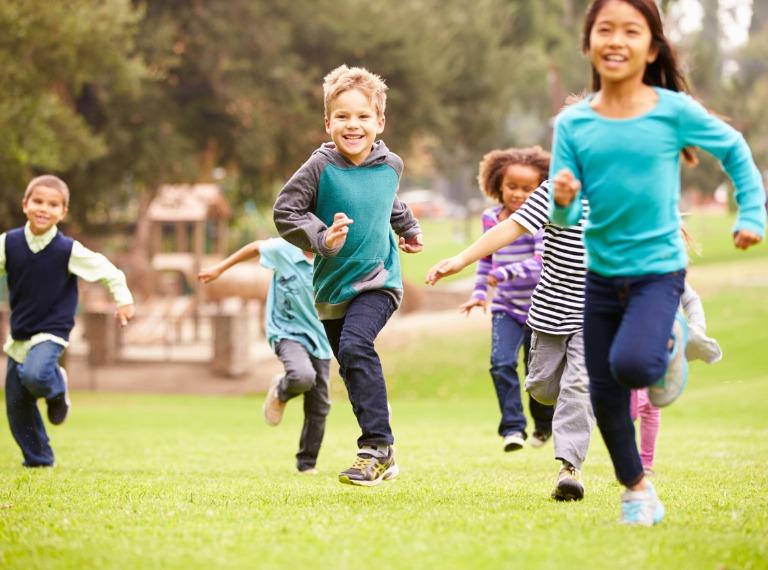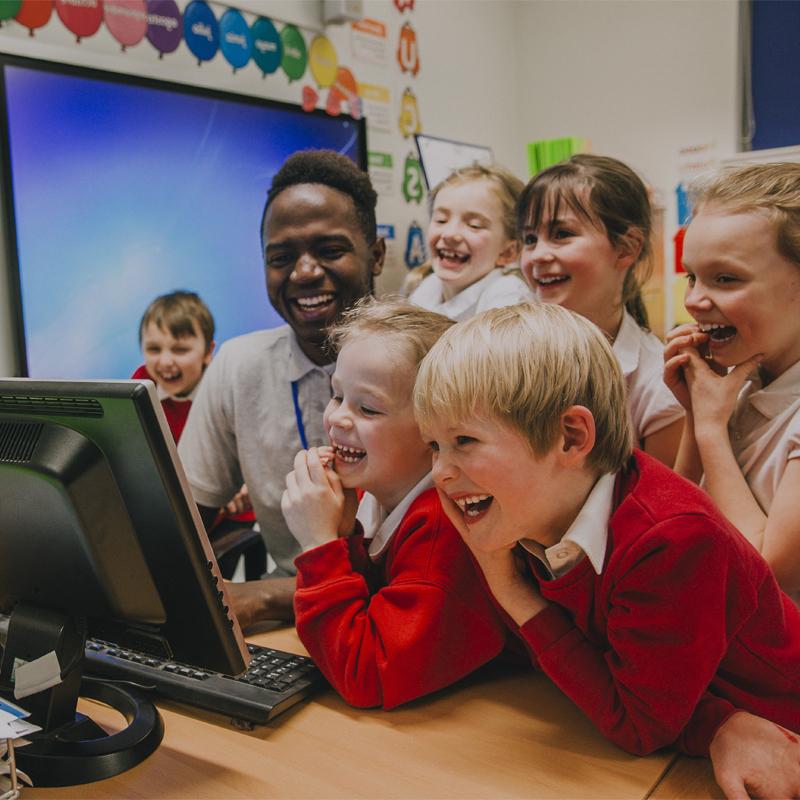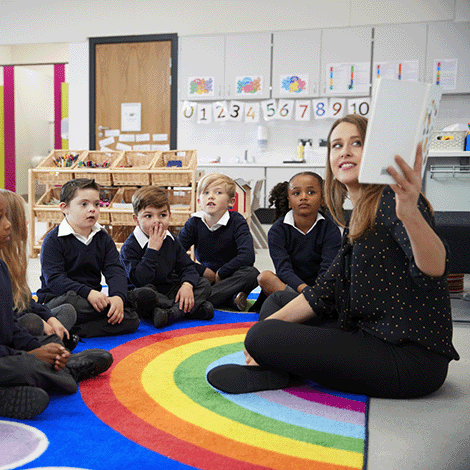The ‘State of the nation 2022: children and young people’s wellbeing’ report, only the fourth of its kind, has certainly been on a rollercoaster ride since its inception. In 2021/22, its research focused on the aftermath of the pandemic – presenting vital insight covering the impact of so-called ‘recovery-focused activity’, including the DfE’s education recovery programme.
Having been through home-schooling under lockdown, wider social restrictions, not to mention the general anxiety of the pandemic, children’s resilience has been remarkable – but the full impact of the ordeal is still unknown. And as we leave the pandemic’s worst days behind, other crises have filled the void: the war in Ukraine to the cost of living. How much do these issues, intangible as they may be to the demographic, affect the mental health of vulnerable people?
This report is an evidence-based piece of the puzzle in our understanding of how to support young people through these difficult years, and a tool for everyone interested in the welfare of those aged five-to-24 years old in England.
Compiled by the Office for National Statistics, much of the evidence in the report has “already informed the department’s approach to supporting children, young people and their families, as well as teachers, schools and colleges. It will, alongside other evidence, continue to be used in developing this support further”.
Here are some of the report’s highlights:
Personal wellbeing
Having understandably nosedived in 2020 at the start of the pandemic, children and young people’s subjective wellbeing had recovered close to pre-pandemic levels in 2021 and 2022 – though it cites anxiety among primary and secondary pupils to have risen during this period, higher than in 2020/21.
Interestingly, the report states: “secondary-age boys reported better wellbeing than girls throughout the 2021/22 academic year on all measures; this was consistent with State of the Nation reports in previous years (DfE, 2019, 2020, 2022i)”.
Mental and physical health
Happiness and health have been increasingly challenged, with growing numbers of children and young people reporting low happiness since it was measured by The Children’s Society in 2015. The report highlights that “rates of probable mental disorders and eating problems remain at elevated levels compared to before the Covid-19 pandemic”. Worryingly too, sleep disorders were such that: “In 2022, those who regularly struggled with sleep were more likely to have a mental disorder”.
Education and skills
There is positive news amid the gloom. In June 2022, according to DfE research, the majority of secondary school children “reported being motivated to learn, were managing to concentrate in class, felt safe at school, enjoyed being at school, and felt that they belonged at school”.
Children from ethnically diverse communities reported a positive overall experience in terms of motivation, focus and enjoyment of school.
Boys score higher than girls in terms of overall contentment with the school experience – feeling motivated to learn, a sense of belonging, ability to concentrate in class, and feeling safe, but for all those eligible for free school meals the opposite was true. In the same vein, those with special educational needs struggled with contentment at school in terms of learning, concentration and motivation.
Relationships
Reassuringly, the report shows that despite the rising pressures on teachers, they haven’t lost their ability for empathy, as stated: “around seven-in-10 children and young people agreed or strongly agreed that adults at their school were interested in their wellbeing, that there was at least one adult at their school who they could talk to about how they were feeling”.
With around a quarter of primary school children allegedly bullied – and one-in-eight 11-to-16-year-olds, and one-in-seven 17-to-24-year-olds, reporting that they have been bullied online (NHS Digital, 2022) – the unconditional care shown by school staff is much needed.
What we do
As has often been documented, time spent in the great outdoors is priceless and directly correlates with happiness. The same can be said about physical exercise.
The report highlights Sport England’s research into physical activity in 2022: “Rates of participation in extracurricular and physical activity have also increased since 2020/21 academic year with nearly half of children and young people being physically active for at least 60 minutes per day”.
Self, society, and the future
The future looks bright for the majority, as confirmed in the report by The Children’s Society: “children and young people’s happiness with their choice in life and what may happen to them later in their lives appear to have increased between 2020 and 2022, after having dipped between 2019 and 2020”.
In conclusion
The report shows ‘a mixed picture’ but that “across the measures considered, there are indications that outcomes and experiences may be poorer for older children and young people, and girls and young women”.
In response to the report, mental health charity Mind is calling for the government to take action. Gemma Byrne, Mind’s Head of Health Policy and Campaigns, said: “We’re calling for the government to invest in early support hubs which offer easy to access, drop-in mental health support for young people when they first start to experience mental health problems rather than waiting until they reach crisis point.
“The UK government will be failing an entire generation unless it prioritises investment in young people’s mental health services, and specifically funds mental health hubs for young people. The earlier a young person gets support for their mental health, the more effective that support is likely to be.”
How do we address this mixed picture? Among the many tasks already on the school agenda, can there be a fixed or flexible approach to identifying and supporting children and young people in post-pandemic recovery, through their education and beyond? Should talking therapies be made more accessible to every pupil to aid their recovery? Is post-traumatic stress disorder likely to rise as children who were very young during the pandemic realise its impact on their mental health – and should we therefore take measures now to prepare for this? And how?
If there are already conversations around these issues in your school, you’re part of the solution.
Looking for your next role in education or to hire new member of staff at your school? Get in touch with your local Reed specialist.




